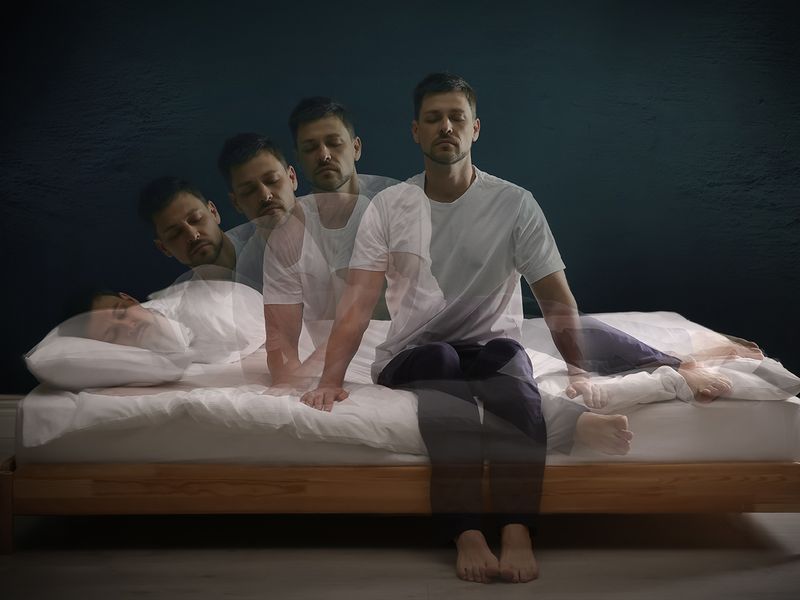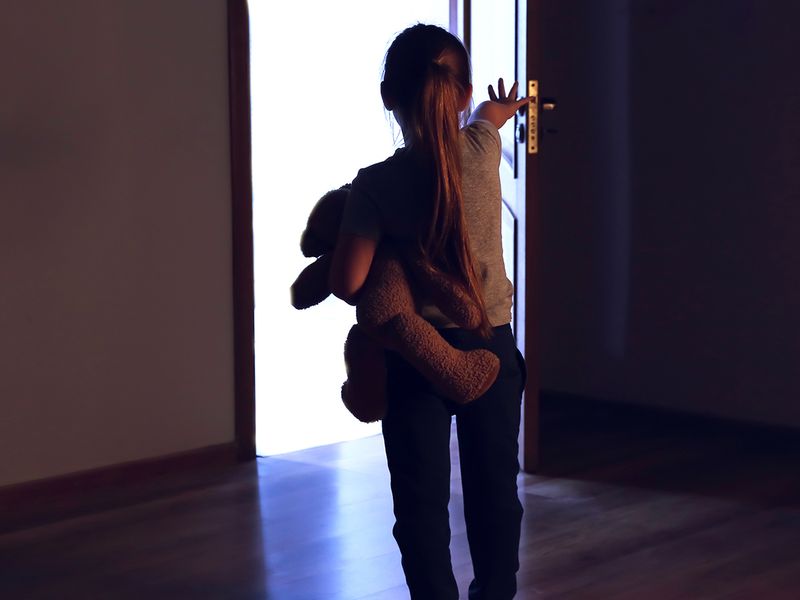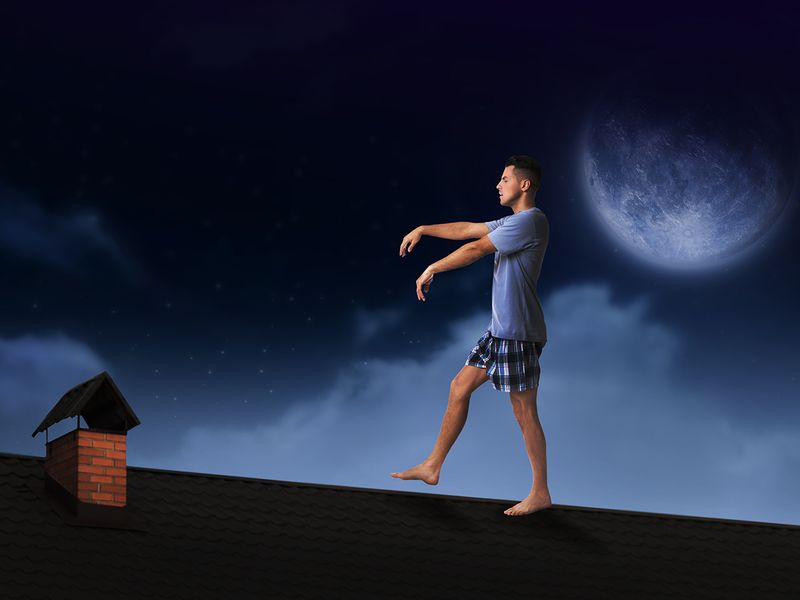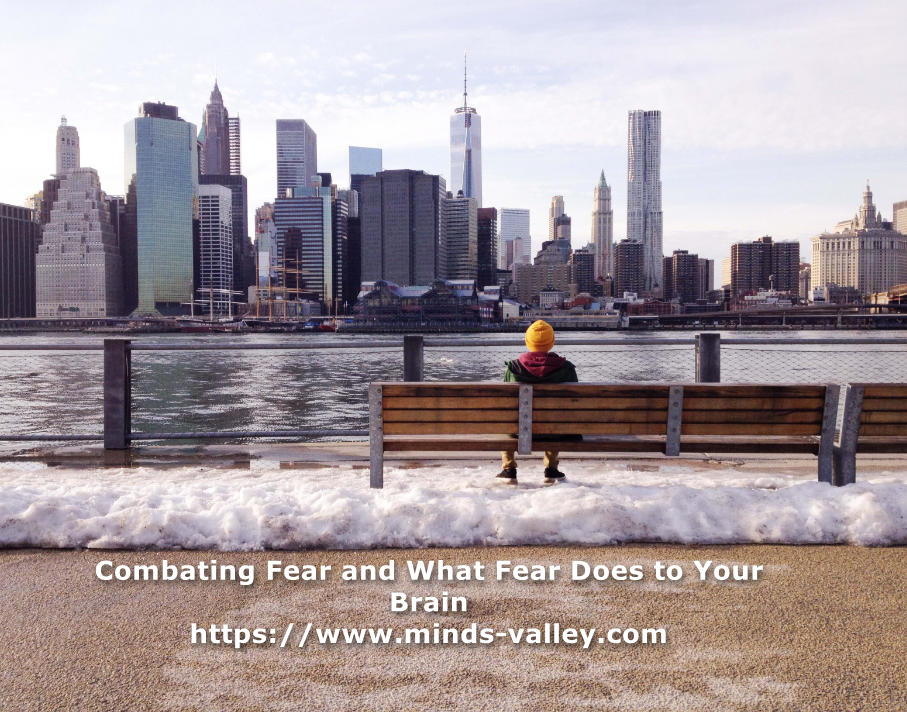
Sleepwalking: A sign of disturbed mental health? Here’s when you should worry
One morning in 2018, I woke up to a rather confused set of flatmates.
They had a full story to tell. Apparently, I woke up and went to my flatmate’s room. She was sitting on the bed and just scrolling through her phone, when I went and patted her on the head several times and said, “Are you okay?” She was rather perplexed, as one would be when someone suddenly wanders into your room at 3 am and asks about your health. Nevertheless, she reassured me that I was, and I went back to my room and slept off. The second time, I woke up another flatmate, with whom I was sharing a room, and asked if she needed to book a cab. I had no recollection of any of this.
My 2018 was littered with many such episodes, which are now part of family lore and inside jokes. I’ve woken up and walked to the door asking if I should give my mother-in-law my paintings. Heads up, I wasn’t married in 2018. And, neither do I paint. It was quite probably the result of a conversation with my sister, who does paint.
What were the reasons? Well, as now I understand it, a lot of it was due to underlying stress- moved away from home, found a challenging new job, and a couple of personal relationship crises. That seemed to have manifested in unusual sleep patterns, even though I didn’t believe that I was stressed at the time.
So, I decided to speak to experts and figure out exactly what sleepwalking is all about. For the most part, it’s manageable. However, when you start a car in your sleep, then you have a problem.
What is sleepwalking?
If you are stressed out, or just not sticking to a healthy sleeping schedule, you’re probably at a higher risk of walking around the house in your sleep.
Image Credit: Shutterstock
Sleepwalking is that state between sleep and wakefulness. In this state, a person, usually gets up and does mostly mundane activities and has no recollection of doing them, the next morning. The person might have a rather glazed glassy-eyed expression and is unable to communicate clearly in this state. It is usually more common in children than adults.
“It’s also known as somnambulism, which is a sleep disorder, characterised by complex behaviours during deep sleep,” explains Dubai-based Devika Mankani, a holistic psychologist. However, she points out that while it can be associated with mental health conditions, it does not necessarily indicate psychological problems on its own.
Why would a person sleepwalk?
If you are stressed out, or just not sticking to a healthy sleeping schedule, you’re probably at a higher risk of walking around the house in your sleep.
There are several underlying psychological factors that could be linked to sleepwalking. “Lack of sufficient sleep or poor sleep quality can increase the likelihood of sleepwalking. Sleep deprivation can affect mental health and overall well-being, potentially contributing to psychological problems,” explains Mankani. In the cases of children, they sleepwalk due to unproductive sleep patterns, illness, injuries or changes in a sleep environment.

Lack of sufficient sleep or poor sleep quality can increase the likelihood of sleepwalking. Sleep deprivation can affect mental health and overall well-being, potentially contributing to psychological problems.
– Devika Mankani, holistic psychologist
If a person is under extreme stress or anxiety, this could also lead to sleepwalking. “High levels of stress and anxiety can disrupt sleep patterns and increase the occurrence of sleepwalking episodes,” says Mankani. Psychological stressors like difficult workplace routines, or personal upheavals, may trigger sleepwalking episodes as well.
Sleepwalking can be genetic as well, if the condition tends to run in families. “There might be shared genetic or environmental factors that contribute to both sleepwalking and certain psychological conditions,” explains Mankani. On the other hand, a person can sleepwalk due to sleep disorders such as sleep apnea, the restless legs syndrome, or insomnia, which can have psychological implications.
The restless leg syndrome is a neurological disorder that causes unpleasant or uncomfortable sensations in your legs and the irresistible urge to move them (Courtesy: National Institute of Health)
It can also be a consequence of certain medications or fever. However, when it occurs frequently, especially in adults, it can sometimes be associated with mental health disorders such as depression, anxiety, post-traumatic stress disorder (PTSD), and obsessive-compulsive disorder (OCD), explains clinical psychologist Saliha Afridi from the Dubai-based Light House Arabia.
What does sleepwalking say about a person’s mental health?

Sleepwalking occurs more often in children than adults, and children often outgrow it in their teens. Isolated episodes of sleepwalking in adulthood are not usually signs of serious trouble.
Image Credit: Shutterstock
It is not necessarily a sign of impaired mental health, says Afridi. It occurs more often in children than adults, and children often outgrow it in their teens. Isolated episodes of sleepwalking in adulthood are not usually signs of serious trouble.
Just because someone sleepwalks, it does not always mean that they have a psychological problem, she says. If sleepwalking occurs infrequently and does not cause harm to the patient or others, it may not need to be treated at all.
When you should worry

Sleepwalking becomes a matter of concern and worry if the person attempts to do something that might cause them harm, like leaving the house in the middle of the night, or attempting to drive a car.
Image Credit: Shutterstock
It also depends on the nature of the activity that the person is doing in their sleep. It becomes a matter of concern and worry if they attempt to do something that might cause them harm, like leaving the house in the middle of the night, or attempting to drive a car. They might also injure themselves, if they fall down the stairs in that state between wakefulness and sleep.
It is important to see a doctor if sleepwalking causes problems or leads to dangerous situations. If the sleepwalking episodes persist, then it is possible that a person might have a sleep disorder, say the experts. A doctor can help identify the underlying problems and recommend appropriate treatment. A thorough examination by a physician can help determine if the sleepwalking is actually related to an underlying psychological or physical condition, explains Mankani.
How can you prevent sleepwalking episodes?
Maintain good sleep hygiene
This is crucial for children especially. Establishing a regular sleep routine helps promote better sleep quality and reduces the likelihood of sleepwalking, explains Mankani. Create a sleep-friendly environment for yourself, avoid binging on crime or supernatural shows before you sleep.
Make sure that your bedroom is quiet, dark and comfortable. Excessive light, extreme temperatures and noise can disrupt your sleep, so see what you can do to reduce these factors.
Relaxation exercises like mindfulness, therapy to manage stress and anxiety levels, are instructive to prevent sleepwalking episodes. Meditation and deep breathing is useful, advises Afridi.
Create a comfortable sleep environment for yourself. Remove sharp obstacles and objects from your environment, says Mankani. Lock doors and windows and use safety gates or alarms if necessary. It is important to implement safety measures for those who sleepwalk frequently, as it could lead them to getting hurt.

Relaxation exercises like mindfulness, therapy to manage stress and anxiety levels, are instructive to prevent sleepwalking episodes. Meditation and deep breathing is useful.
– Saliha Afridi, clinical psychologist
Talk to a healthcare professional
If sleepwalking becomes frequent, disruptive, or poses safety risks, it is advisable to consult a healthcare provider, explains Mankani. They will assess the situation, identify potential underlying factors, and recommend appropriate interventions or therapies.
Treat underlying physical or mental issues
If the person has conditions, like restless legs syndrome or sleep apnea, it is best to treat these conditions, as it can decrease sleepwalking episodes.





.jpg?itok=JcSy_zDn)

